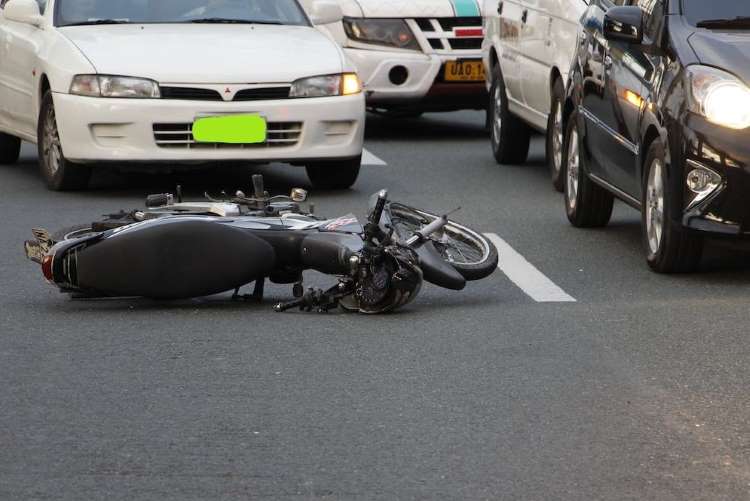Road accidents are a major global health concern, resulting in approximately 1.35 million fatalities and around 50 million injuries annually. These staggering figures highlight the critical importance of addressing road safety and providing support to road traffic victims and their families. The Road Accidents in India-2022, annual report of the Union ministry of road transport and highways, reveals a similarly grim scenario in India, with 4,61,312 reported road accidents in 2022, leading to 1,68,491 deaths and 4,43,366 injuries.
To acknowledge the plight of road traffic victims and their families, the World Day of Remembrance (WDoR) for Road Traffic Victims is observed globally on the third Sunday of November every year. This day, initiated by Road Peace in 1993 and later endorsed by the United Nations in 2005, serves as a solemn reminder of the lives lost and impacted by road traffic accidents. It also provides a platform for advocacy, with organisations like the WHO and United Nations Road Safety Collaboration urging stakeholders in road safety to commemorate the day. The goal is to pay tribute to the victims, offer support to their families, and promote initiatives to prevent future accidents.
READ I Biden-Xi summit: Strategic dialogues and economic implications
Justice for road traffic victims
The theme for this year’s WDoR emphasises justice, advocating for prompt and fair compensation for road traffic victims and their families. This theme underscores the need for efficient legal and administrative processes to support those affected by road accidents.
India: Number of deaths due to accidents (1,000s)
The Motor Vehicles (Amendment) Act 2019 (MVAA 2019) in India represents a critical legal mechanism for victims and their families. It provides a framework for seeking justice and compensation, aiming to reduce road accidents and ensure fair treatment for victims. Key provisions of the act include:
Sections 166 & 144: These sections allow for filing compensation claims at the motor vehicle claims tribunal in relevant jurisdictions.
Section 140: This ‘no-fault’ clause enables claimants to receive compensation without needing to prove the offender’s fault in cases of death or disablement.
Sections 145 to 164: These sections mandate third-party insurance for vehicle owners, with claims requiring proof of the insured’s fault.
Section 165: It establishes Motor Accidents Claims Tribunals to expedite the processing of accident claims.
The challenge of claim processing
Despite these legal provisions, the process of claiming compensation is fraught with challenges. A recent court ruling has simplified the process somewhat, stating that an FIR from the accident can be enough to award compensation. However, delays in the judicial system continue to pose significant hurdles. The Supreme Court of India has expressed concern over these delays, which often extend the suffering of victims’ families.
The MACT, along with the Supreme Court and high courts, has developed a formula for immediate relief to road accident victims or their families. This initiative aims to reduce legal disputes and simplify the process for claiming compensation. Yet, a substantial portion of the claims remains disputed, leading to prolonged court cases.
Support for victims
An IRDAI study reveals the extensive delays road accident victims face in receiving compensation, often waiting around five years. This delay is attributed to the complex nature of the claims process, which involves multiple parties and requires navigation through the judicial system.
Addressing the needs of road traffic crash survivors and their families extends beyond financial compensation. It includes providing physical and mental health care, legal support, and integrating these services for holistic recovery. The Supreme Court of India’s directive to create an online mechanism for expedited compensation is a step towards reducing the burden on victims and their families.
The issue of road traffic accidents demands urgent attention at both national and international levels. Measures like the Motor Vehicles (Amendment) Act 2019 and initiatives like WDoR play a crucial role in addressing the aftermath of such tragedies. However, there is a need for more efficient legal processes, better support systems for victims, and stronger advocacy for road safety measures. Ultimately, ensuring justice and support for road traffic victims not only alleviates their suffering but also serves as a crucial step towards improving overall road safety.

